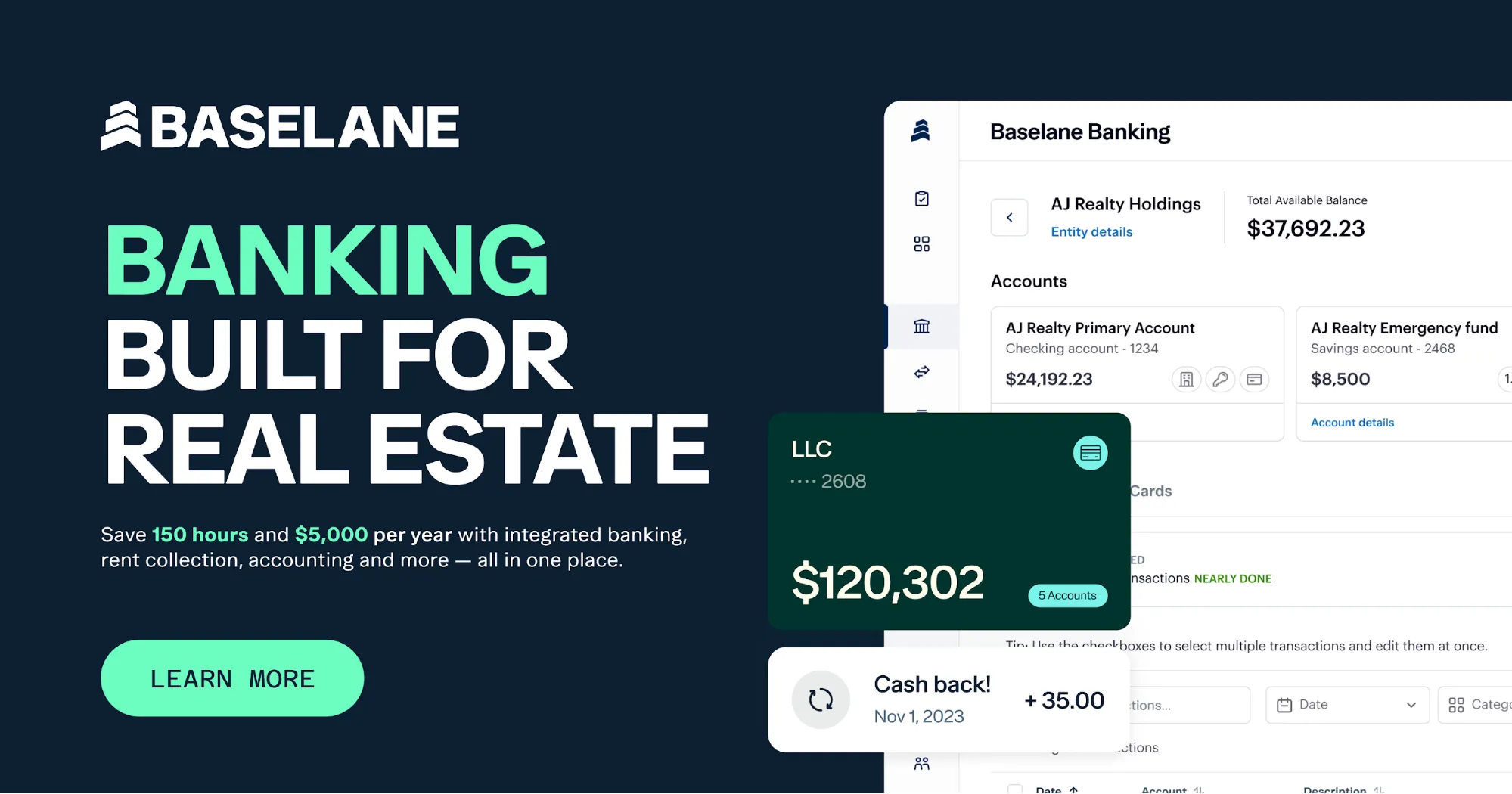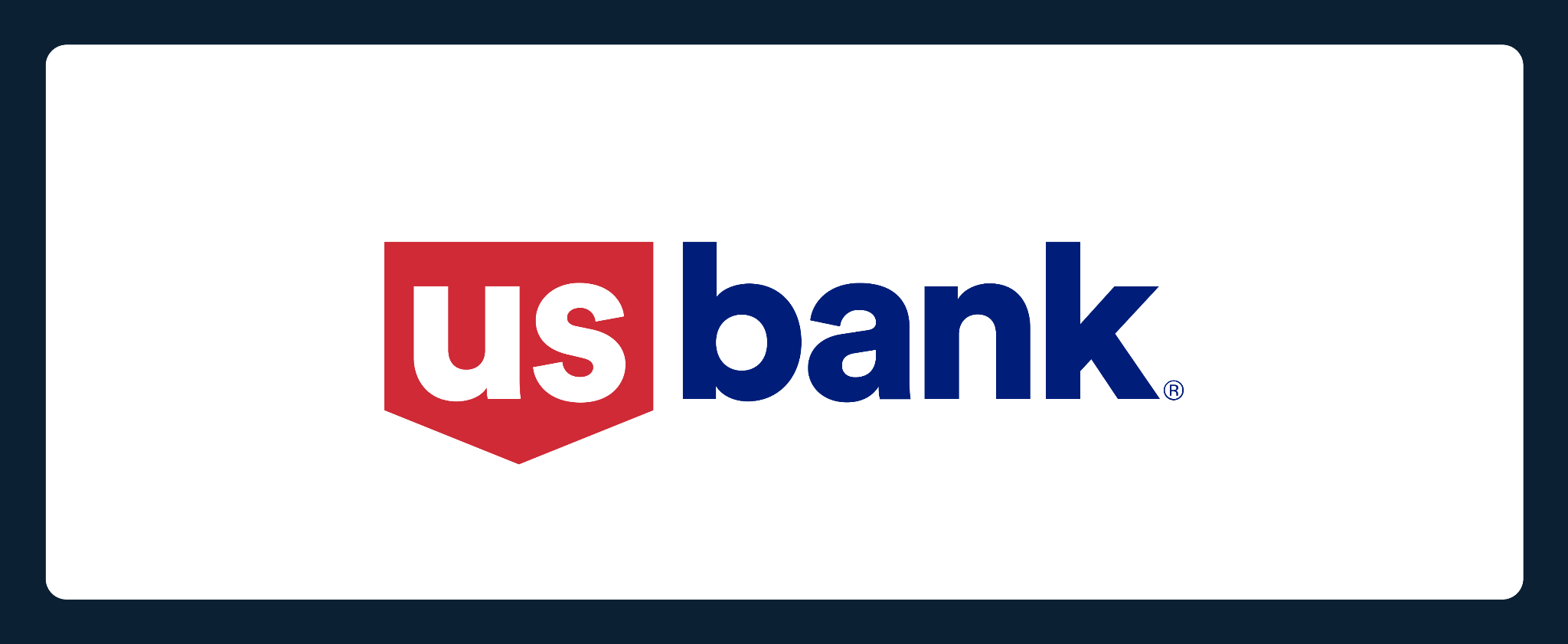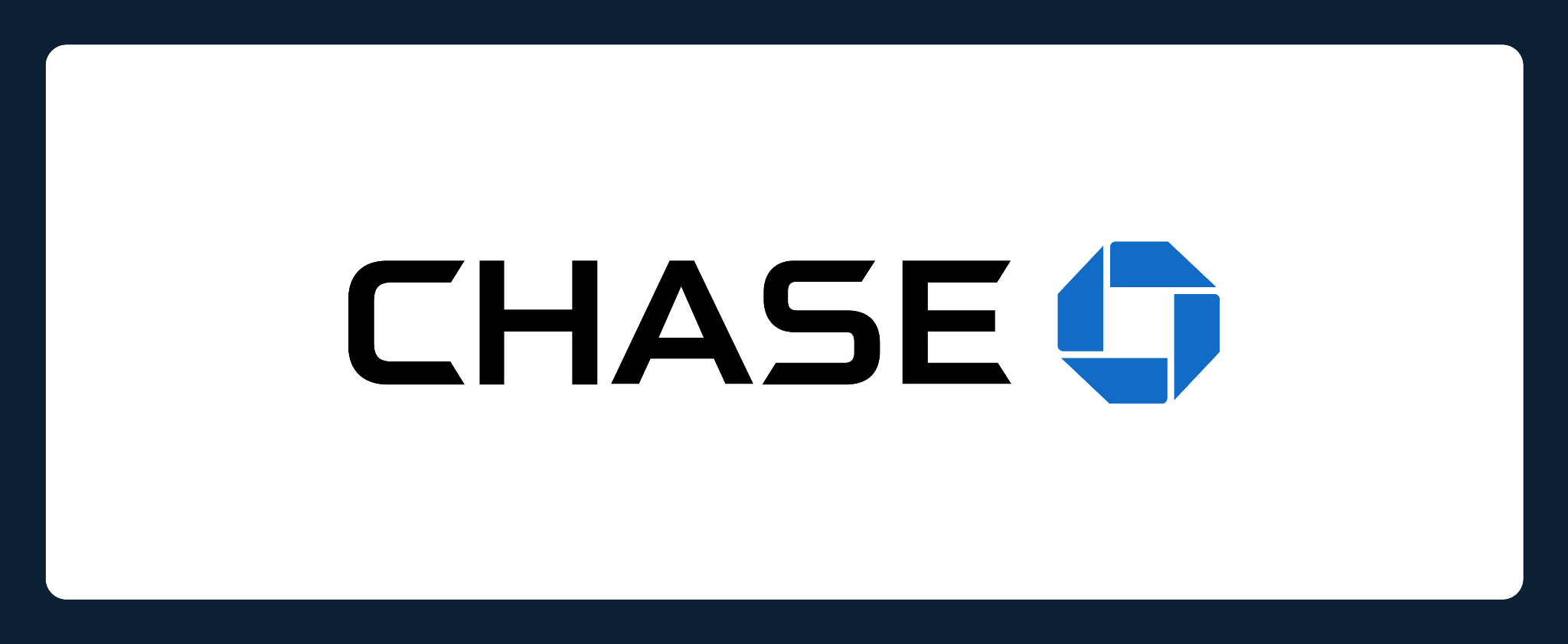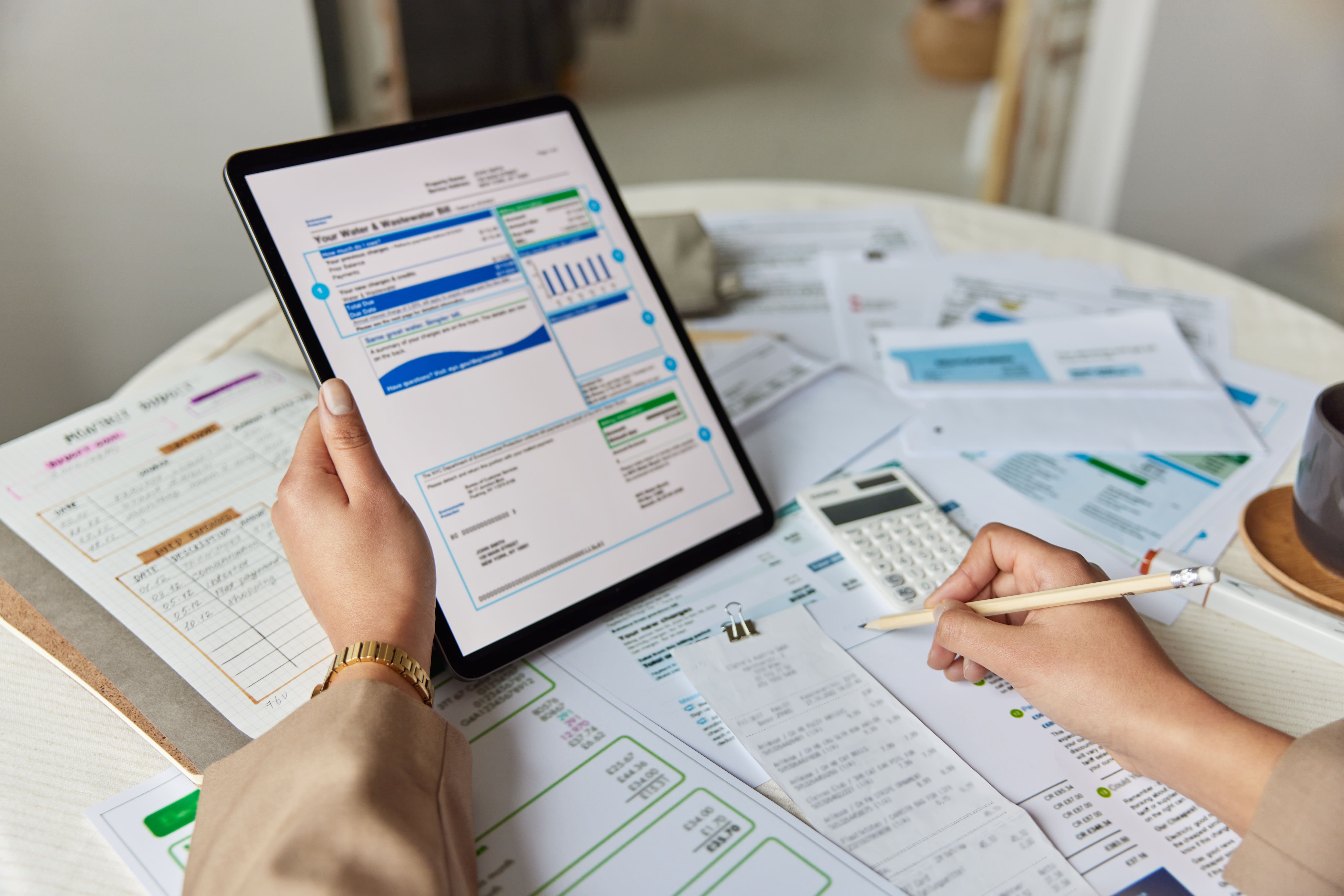Whether you're starting out as a landlord with one rental unit or managing a small portfolio of vacation rentals, keeping your business finances separate is one of the most important first steps you can take to build your real estate business. As a sole proprietor, finding the right business checking account will simplify your life, especially when tax season rolls around.
This guide will walk you through why a separate business account is essential for real estate sole proprietors and help you find the best checking accounts for your business in 2025.
Key takeaways
- A dedicated business checking account for your rental property is crucial for preventing the commingling of personal and business funds.
- Sole proprietors can use their Social Security number (SSN) to open a business account, but getting an Employer Identification Number (EIN) is typically recommended for business professionalism.
- For real estate investors and landlords, specialized banking solutions like Baselane offer integrated bookkeeping, multiple virtual accounts per property, and tax reporting tools you need to save time and grow your portfolio.
- When choosing an account, prioritize low or no fees, high annual percentage yield (APY), and features like unlimited sub-accounts for organizing finances by property or purpose.
The risks of using a personal account as a sole proprietor landlord
While not always legally mandated, using a personal account for your rental business can expose you to potential issues:
- Audit risk: The IRS flags commingled funds, increasing your chances of an audit.
- Difficulty scaling: Juggling transactions across multiple properties becomes nearly impossible, making it harder to track the performance of each investment.
- Lack of professionalism: Using a personal account may reduce your credibility with tenants, vendors, and lenders.
Benefits of using a business checking account as a sole proprietor
As a sole proprietor, you are legally considered the same entity as your business. However, opening a business checking account is a fundamental step toward professionalizing your operations and protecting your financial health.
Separation of finances
The primary reason to get a separate account is to avoid mixing personal and business funds, a practice known as commingling. Commingling makes it incredibly difficult to accurately track which funds are for your rental business (like rent income or repair expenses) versus your personal life, which can lead to significant headaches down the road.
Tax simplicity
A dedicated business account simplifies rental property accounting and reduces tax preparation time. All your rental income and expenses are consolidated in one place, creating a clear and organized record for your Schedule E form. This ensures you don't miss valuable landlord tax deductions, such as:
- Repair and maintenance costs
- Property management fees
- Mortgage interest
- Property taxes
- Insurance payments
Top banking solutions for real estate investors and landlords
Here’ a rundown of our top picks for best bank for real estate investors operating as a sole proprietors.
1. Baselane: Best for integrated real estate bookkeeping and taxes

Baselane is a banking and financial platform designed specifically for real estate investors and landlords. We acknowledge the challenges you face and provide solutions to help you save time and grow your portfolio.
Key features for real estate sole proprietors
- Unlimited virtual accounts: Open virtual checking and high-yield online savings accounts for each property, security deposit, or expense type. This allows for effortless organization and cash flow tracking at both a property and portfolio level.
- Automated bookkeeping: Our AI-powered bookkeeping instantly categorizes every transaction by property and Schedule E category, eliminating the need for separate accounting software like QuickBooks.
- High-yield and zero fees: Earn up to [v="apyvalue"] APY² on your savings and enjoy no monthly fees or minimum balance requirements.
- Integrated platform: Baselane combines banking, automated rent collection, expense management with virtual cards, and tax reporting tools all in one place.
Baselane has completely streamlined how I manage my rental portfolio. Rent collection is automatic, expenses are tracked in real time, and I get clear financial insights without juggling multiple spreadsheets or bank accounts. It’s intuitive, landlord focused, and saves me hours each month plus my tenants love how easy it is to pay. Highly recommend to any landlord who wants to simplify their rental business and improve cash flow. ~ Alex Spino
2. Bluevine: Best for earning interest and low fees

Bluevine is an online-only financial technology (FinTech) company that offers competitive rates and a straightforward fee structure for small businesses.
Key features
- APY and Fees: The Bluevine Standard plan has no monthly fees or minimum balance requirements. You can earn 1.3% APY on balances up to $250,000 if you meet a simple monthly activity goal.
- Multiple accounts: Offers sub-accounts to easily manage budgets, which is a key feature for tracking rental properties.
3. Found: Best for integrated tax filing
Found is a FinTech platform built for freelancers and self-employed individuals, including many sole proprietors.
Key features
- Tax automation: Automatically tracks deductible expenses and can set aside a percentage of each incoming payment for taxes, simplifying the process of quarterly tax estimates and year-end filing for Schedule C.
- No fees: Found’s basic business checking account has no monthly maintenance fees or minimum balance requirements.
4. U.S. Bank: Best traditional bank with bonuses

U.S. Bank is a large, traditional bank that offers powerful new account bonuses, which can be an immediate cash injection for your business.
Key features
- New account bonuses: New customers can earn a $$$400 bonus for a Business Essentials Checking account or up to $$$1,200 for a Platinum Business Checking account, provided specific deposit and transaction requirements are met within 60 days of opening.
- Brick-and-mortar access: With over 4,700 branches, it offers convenient in-person support and banking services.
5. Chase: Best in-person service and support

As one of the largest national banks, Chase offers an extensive network of physical branches that can be beneficial for sole proprietors who prefer in-person banking or need cash deposits/withdrawals.
Key features
- Large branch network: Offers a massive network of over 4,700 branches.
- Lending options: Chase is known for robust lending products, including home mortgages and business loans.
Top fintech options with digital tools
Online-only FinTech banks appeal to sole proprietors who value modern features, mobile access, and a digital-first experience.
- Novo: Excellent mobile-first approach and extensive integrations with payment processors and business tools. Best for swift access to funds, such as Stripe revenue, through their Novo Boost feature.
- Lili: A good option for tax preparation assistance, as its paid plans include a Tax Optimizer that tracks tax write-offs and helps auto-fill your Schedule C.
- Relay: Best for collaboration, allowing up to 10 checking accounts for sole proprietors and the ability to issue multiple debit cards with customizable spending rules for contractors. Also supports fee-free cash deposits at Allpoint ATMs.
Key features to look for in a sole proprietor business banking solution
Making the right choice early can save you significant time and money as your rental portfolio grows.
- Fees, minimum balances, and APY: Always choose an account with no monthly maintenance fees and no minimum balance requirements to avoid unnecessary charges. Look for a high-yield savings or checking account to maximize returns on your cash reserves and security deposits.
- Transaction limits and ATM fees: Most landlords don't deal with high transaction volumes, but look for a high number of free monthly transactions (or unlimited ones) and access to a fee-free ATM network.
- Digital tools and tax integrations: The best accounts offer more than just banking. Prioritize platforms with integrated bookkeeping, easy-to-use mobile apps, virtual cards for expense control, and tools that streamline year-end tax reporting.
- Customer service and branch availability: Decide if you need in-person branches. If not, ensure your online-only bank provides accessible customer support via phone, email, or chat with extended hours.
How to open a sole proprietorship checking account
The process to open a business checking account for an individual proprietor is pretty straightforward, regardless of the banking solution you choose.
First step is to collect all the required documents:
- Driver's License, passport, or other government-issued ID
- Your Social Security Number (SSN)
Optional documents, such as DBA registration proof and Employee Identification Number (EIN) aren’t legally required. If you have them, keep them handy.
Here is how you can open your online bank for a sole proprietorship quickly with Baselane:
- Sign up: Create an account with Baselane using your email address.
- Choose the entity type: Go to Banking > Add account. Then, select Individual/Sole proprietorship as your entity.
- Add the required information: Add your personal information, address, and business information (Industry, SIN, etc.)
Applying for a bank account only takes a few minutes – seriously, 2-3 tops! You'll usually get approved within 2-3 business days, as long as all your documents are in order.
Best practices for managing multiple business checking accounts
Here are some best practices for new sole proprietor landlords, drawing from the perspective of a professional landlord and investor:
Leverage unlimited virtual accounts to organize property funds
Don’t limit your finances to one bank account. Create virtual accounts (sub-accounts) to separate finances by property and purpose.
For example, you can have a savings account for your security deposits while other accounts for day-to-day operations (rent collection, paying utility bills, etc.) or for recurring expenses like vendor payments.
Having separate accounts enable easier tracking of individual property performance and also prevents you from any liability
Integrate banking and bookkeeping to automate financial clarity
Choosed an integrated financial platform built for real estate to streamline bookkeeping and ditch spreadsheets. You can use these platforms to tag each transaction to a specific property or Schedule E category. This eliminates manual data entry across multiple accounts, saving you hours of work.
Use virtual cards for expense management and audit trails
Handling operating expenses for multiple units can be messy, especially if you have a partner or employee assisting with property management. To better control, your expenses leverage virtual debit cards offered by modern banking platforms like Baselane.
- Use virtual cards with custom spending limits for different properties or expense types (e.g., maintenance vs. materials). This gives you granular control over expenses and prevents unauthorized overspending.
- Assign each virtual card a default property and expense category so purchases are automatically tracked for bookkeeping. This turns spending into instant record-keeping.
Automate rent collection to centralize income processing
As your tenant count grows, manually tracking rent payments across various accounts or services (like Venmo or Zelle) creates chaos. The best practice is to centralize and automate rent collection to flow directly into your dedicated property bank accounts.
- Direct Deposit & Tracking: Use a dedicated online rent collection platform that deposits tenant payments directly into the appropriate virtual account (e.g., the checking account for Unit A). This automatically keeps your property income segregated and tracked.
- Enforce Policy Consistently: Use automated reminders and late fee features to save time and enforce your lease terms consistently across all tenants and properties. This reduces conflict and promotes reliable on-time payments
Get financial clarity with Baselane
Choosing the right business checking account is more than just selecting a bank—it's about setting up a foundation for long-term growth and financial clarity. And, that is what Baselane delivers.
Our banking platform helps you open unlimited checking and savings accounts to organize your finances. No matter how many properties you manage, you can dedicate each account to a specific property and get a real-time performance report.
Ready for banking that manages real estate finances for you? Open a business checking account today.
FAQs
What is a sole proprietorship?
A sole proprietorship is an unincorporated business that is owned and run by one person. There is no legal distinction between you and your business.
Do I need an Employer Identification Number (EIN) as a sole proprietor?
No, a sole proprietor can typically use their Social Security Number (SSN) to open a business bank account. However, many choose to get an EIN from the IRS for general business purposes.
How is a virtual account used for real estate?
A virtual account (or sub-account) is a free account with its own account number nestled under your main bank account. You use them to separate funds for specific purposes, such as one virtual checking account for a specific rental property and one virtual savings account for that property's security deposits, making bookkeeping and tax reporting simpler.
What is commingling funds?
Commingling funds is the practice of mixing your personal finances with your business finances in the same bank account. This should be avoided as it complicates tax preparation and can put your personal assets at risk in a legal dispute.
How many checking accounts should a sole proprietorship have?
While a minimum of one business checking account is necessary to separate funds, having multiple accounts can be a game-changer for organization and compliance. Factors like the number of properties, state security deposit laws, and your long-term strategy influence the optimal number of accounts.














.jpg)


